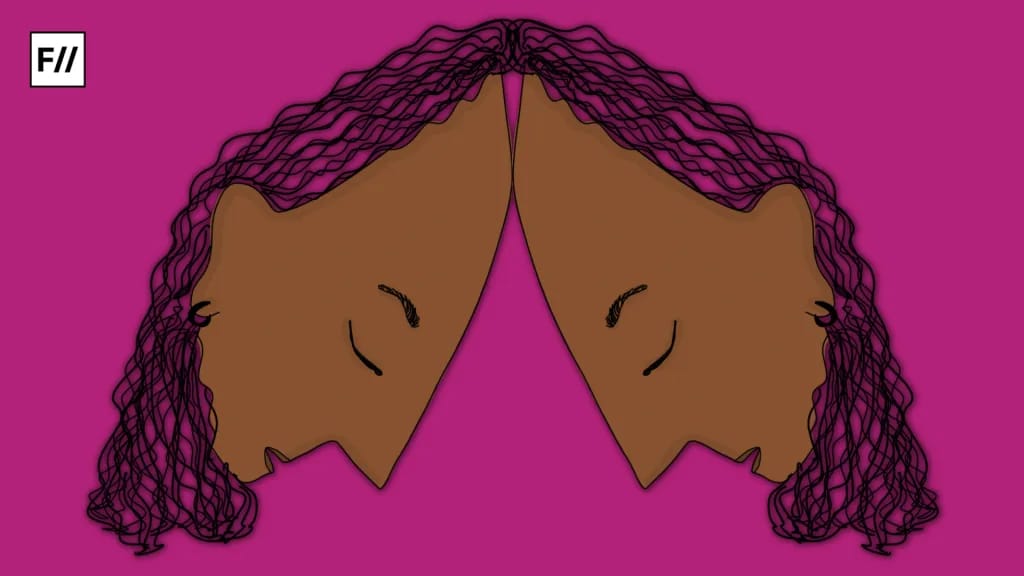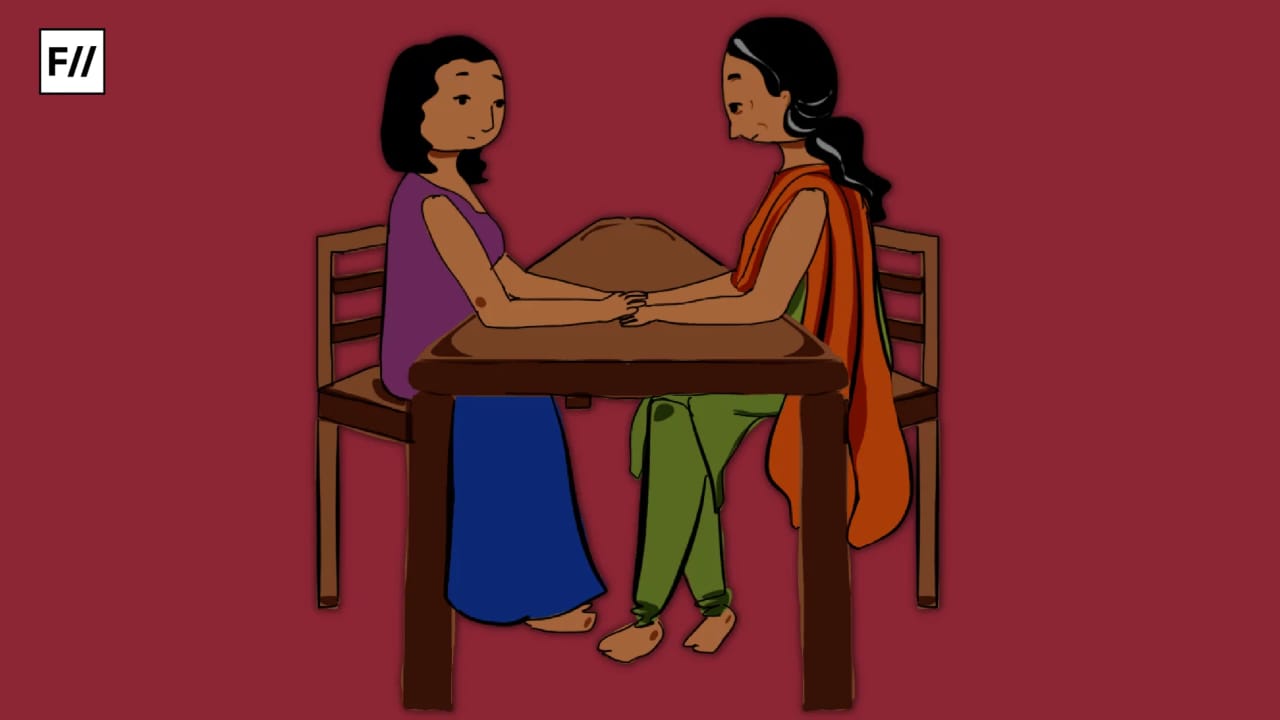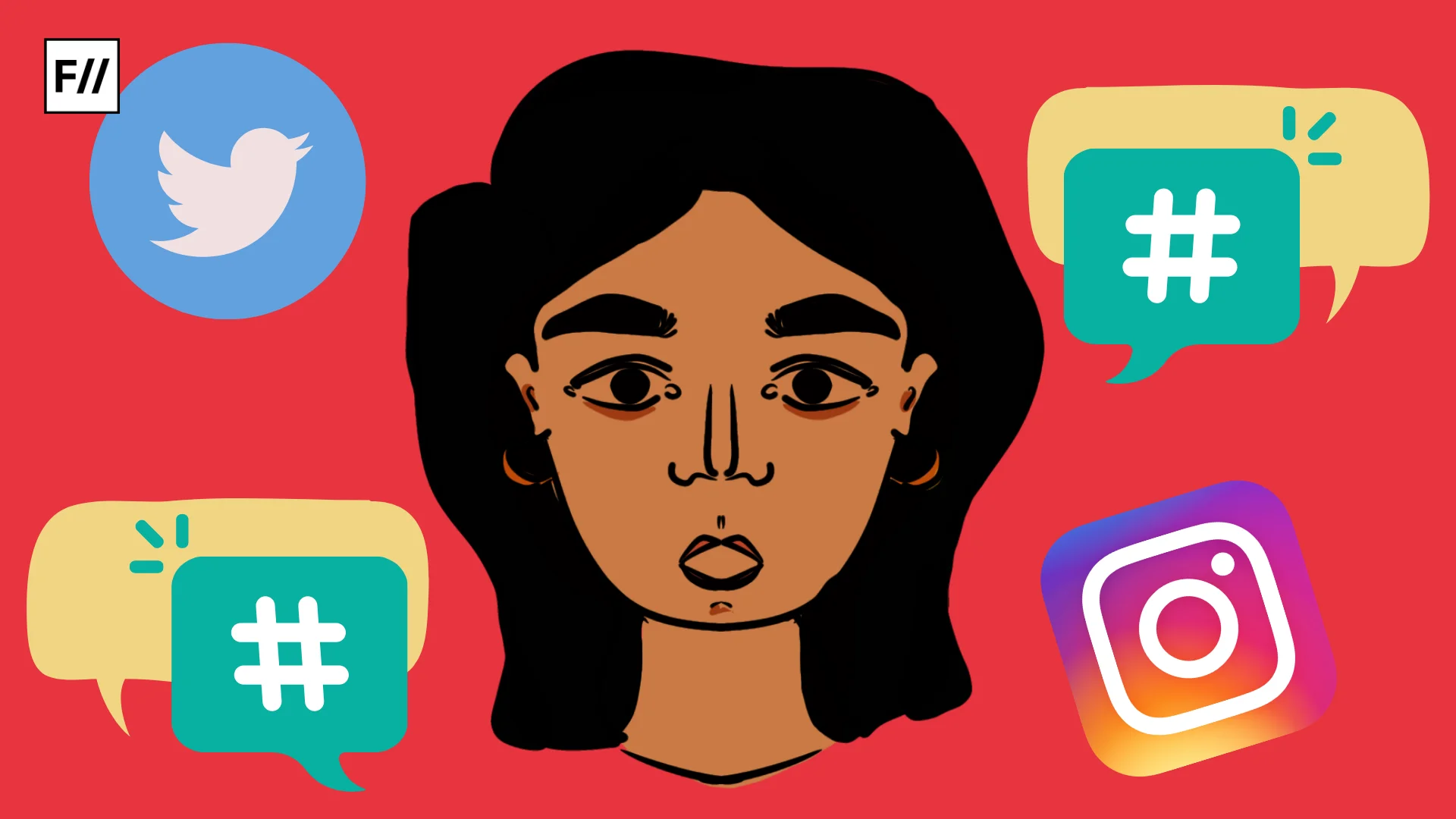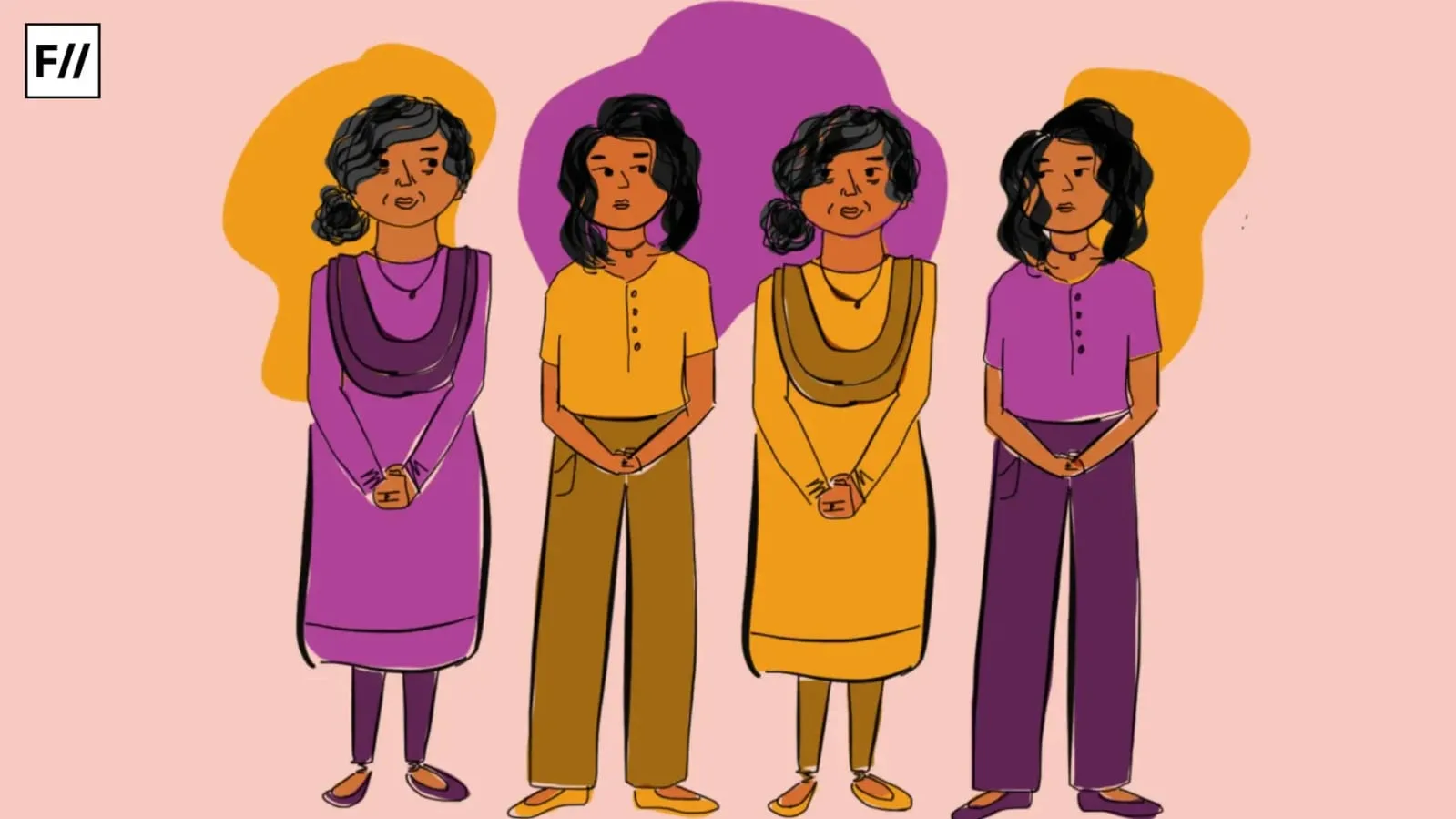On the 18th of November 2025, UN Women published a piece on growing digital violence against women and girls, and the pressing need for protection against such abuse. They have dedicated this year’s ’16 Days of Activism against Gender-Based Violence’ campaign to raise voices against online harm.
While acknowledging such experiences of targeted violence, it is also important to reveal a small but persistent source of hope – the opposing end of the spectrum, where technology is being used for empowerment, not vehemence.
The women behind digital care
A line from a helpline call captures this well. The opening statement, a helpline user’s dialogue with her counsellor, embodies the essence of what sociologist Arlie Hochschild termed as ‘emotional labour‘, decades ago. In her seminal work, The Managed Heart: Commercialization of the Human Feeling, she explained ‘Emotional Labour‘ as the process of managing, regulating and handling one’s emotions, in order to ensure others’ well-being, comfort and care. Much of this labour was relegated as invisible, undervalued, and performed by women, shaped by cultural cues. It was Hochschild’s work that lead to the genesis of a new area of research.

In most societies, as we have now begun to recognise, the brunt of emotional labour and care-taking falls on women, extending to its assumption and naturalisation within prescribed gender roles. Patriarchal structures have long separated the paid, public and “masculine” from the unpaid, private and so-called “feminine” tasks, reflected in the division of emotional labour from production and reproduction.
It is within this broader continuum of care that some observations began to take shape. Working closely with women who perform this labour in digital spaces can make one realise how emotional work is unfolding over phones and screens.
For over a year now, I have been working at an Indian non-profit organisation advancing sexual and reproductive health (SRH). Over this course of time, I have had the chance to speak to counsellors behind our SRH helplines and understand how our WhatsApp chatbot functions. For me, this has been a noteworthy experience – a revealing one, since it is here that I saw the other end of everything I had earlier studied.
All the counsellors are women – a deliberate choice rooted in the belief that majority of clients seeking SRH support may feel safer opening up to those who share similar gendered experiences.
All the counsellors are women – a deliberate choice rooted in the belief that majority of clients seeking SRH support may feel safer opening up to those who share similar gendered experiences. Their work, contrasting the conventionally witnessed trajectory of care work, is valued and fairly compensated. They are guided and supported, not romanticised as “naturally” nurturing. In a field as sensitive as SRH, their labour requires both compassion and skill, and these helplines cannot be treated as ordinary information services. Without a doubt, gender is performed here, and performance is gendered, but, this performance is opening doors to empowerment: women extending care, empathy, and knowledge to other women navigating silence and stigma.
One of the counsellors shared, ‘Women who secretly take abortion pills or need contraception without informing their husbands prefer digital consultations.‘ Another said, ‘Women hesitant to speak in front of others find comfort in confiding in a counsellor over the phone.‘ A third one added, ‘They have satisfaction that whatever they wish to ask, they can ask, even the questions they didn’t feel comfortable asking otherwise.‘ These words reveal the quiet power of digital care.
Listening as care
Gender-based violence in recent times has found a new platform – the digital space. It has become common for women, amongst other genders, to be targeted and harassed via numerous online platforms, ranging from use of AI, calls, fake texts etc. One realises that in such a scenario, having an SRH platform is a rugged trail to traverse. But we are also witnessing technology being reclaimed and used for solidarity. In this context, digital tools themselves become part of the story. Helplines sit right at crossroads of digital harm and digital possibility. As per a news article, Indians ask over thousand questions per hour, related to matters of sexual and reproductive health.

Performative care in the very act of listening is underexplored in a sphere like SRH, notably in low-resource settings. As part of understanding how the counsellors deal with real-time, sensitive situations, I conducted a supervised test call, adopting the profile of an unmarried pregnant girl from a tier 3 city, a scenario encountered by the counsellors regularly. To my utter surprise, there were no questions asked about marriage, not a trace of judgment in the counsellor’s voice. The empathy I experienced in a few minutes made me forget that I was playing a character.
It struck me, that in a time when digital violence is on the rise, spaces like these are also quietly blossoming. They are offering the silent opposite: digital feminist solidarity through presence. By listening, comforting and offering reassurance, these women show that the digital can be a site of empathy and connection.
It struck me, that in a time when digital violence is on the rise, spaces like these are also quietly blossoming. They are offering the silent opposite: digital feminist solidarity through presence.
In a quest to unpack everyday experiences of the counsellors, I asked them about how they handled varying callers. They stressed on the use of a script as a method of dealing with such situations – a crucial feature of professional care work. It gave their work structure, a certain level of detachment and protection, yet without making the interactions feel mechanised.
Digital feminist solidarity
While given a professional status today, emotional labour remains deeply undervalued despite its profound impact. A sense of anonymity and indifference make it easier to be impolite over the phone. In our conversation, one counsellor reflected, ‘First they are rude and then they show affection by saying that you gave good information which I didn’t know.‘ Another disclosed, ‘Some clients are very angry when they first call. When we explain, they start listening and their anger goes away. They thank us for the help and ask more questions‘.Hochschild’s exploration of ‘surface acting‘ and ‘deep acting‘ may be valuable in understanding these exchanges from the counsellors’ point of view.
The very act of performing care metamorphoses into an expression of solidarity. As a counsellor said, ‘Sometimes those who are satisfied call again and say that your information is very good, thank you very much for that.‘ She added, ‘They believe in the confidence shown while sharing solutions to their queries.‘

However, we have observed the costs this form of care comes with: the weight of emotional labour. To begin with, in the initial days of the helplines, female counsellors managing the service met with male callers making inappropriate requests – pursuing girlfriends, wives, or making provocative comments. Certain numbers were subsequently blocked. Further, there has been no doubt that these women often face a double burden, balancing paid employment with unpaid caregiving responsibilities. This dual expectation stems from entrenched gender norms that position women as primary caregivers, regardless of their professional commitments.
Yet, despite the challenges, there is a beacon of hope. Trained in confidentiality and unbiased care, these counsellors are creating a cycle of women empowering women. As one of them put it, ‘Social media gives a lot of knowledge, but for personal queries, we prefer talking to a person. A post cannot answer specific concerns.‘ Another added, ‘People, especially women, generally cannot speak freely about family planning with family members.‘
Trained in confidentiality and unbiased care, these counsellors are creating a cycle of women empowering women.
These words highlight the core of what is emerging as digital feminist solidarity – the use of technology to not only share knowledge, but also hold space, listen and care. In a digital world that often feels unsafe and violent, these helplines offer a more compassionate side. They remind us that while technology can harm, it can also heal, when guided by empathy, trust, and the will to support one another.
Qualitative data credits: Ipas Development Foundation
About the author(s)
Ami Sahgal is a 24-year-old budding sociologist working at a non-profit organisation dedicated to sexual and reproductive health rights in India. She holds a bachelor's degree in Sociology from Lady Shri Ram College for Women (2022), where she was awarded the university medal, and recently completed her master’s degree from the Department of Sociology at Delhi School of Economics (2024). A passionate advocate for women's issues, Ami is committed to addressing concerns related to health, education, violence, and justice. She aspires to specialise in Gender Studies.





